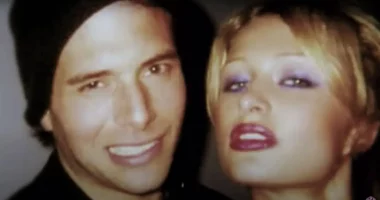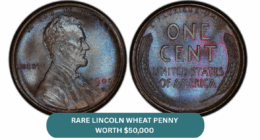It was a publishing Cinderella story waiting to happen. A coming-of-age thriller by a first-time author who made her literary debut at age 70 unexpectedly became a best-seller, was chosen by Reese Witherspoon for her book club and was picked up to be turned into a feature film.
Following the summer 2018 release of Where the Crawdads Sing by Delia Owens, interested in the tale of Kya, a young woman who grows up alone in a North Carolina marsh after being abandoned by her family, only to later find herself accused of a gruesome murder, only increased.
The film, which Witherspoon and Owens helped to create, will have its world premiere on July 15. The book, according to Witherspoon in March’s interview with Vanity Fair, “is a love letter to growing up in the South.”
However, despite her sudden success, Owens has a dark past that both precedes and casts a shadow over her career as a writer. Owens’ own past involves an unsolved murder and ensuing scrutiny—just like Kya’s present—as was extensively described in Jeffrey Goldberg’s approximately 20,000-word exposé for the New Yorker in 2010, and then again by Laura Miller for Slate in 2019.
A show about Owens and her then-husband Mark Owens and a sad event that happened in Zambia, where they were working as conservationists, had its debut on ABC in 1996. In the special “Deadly Game: The Mark and Delia Owens Story,” the couple’s conflict with poachers was shown to be becoming worse.
A suspected poacher was shot and killed on video during the episode. Goldberg was informed by the videographer who captured the event that he thought Christopher Owens, Owens’ stepson, was responsible for the murder. Goldberg was informed by the author in 2010 that her stepson was absent when the man was shot.
Both Miller’s Slate article and Goldberg’s latest Atlantic essay, both published this week, compared the author’s personal tale to the story presented in the book. According to Miller, “having her heroine accused of murder mirrors the Owens’ experience in Zambia and the ensuing ordeal of being the target of an 18,000-word exposé in a prestigious magazine.”
Mark, Delia, and Christopher Owens are still wanted for interrogation, according to Lillian Shawa-Siyuni, Zambia’s director of public prosecutions, who Goldberg met with for his article on July 11. Uyuni informed Goldberg that there was no statute of limitations for murder in Zambia. “Everyone, including Delia Owens, is needed for interrogation in this case.”
Related: David Dobrik’s Accusations and Controversy Explained!
The career of Delia Owens prior to Crawdads:
Owens, like her main character Kya, has always had a passion for the outdoors and wildlife. She received her doctorate in Animal Behavior from the University of California, Davis, and studied zoology at the University of Georgia. She co-authored the nonfiction book Cry of the Kalahari in 1984 with Mark Owens.
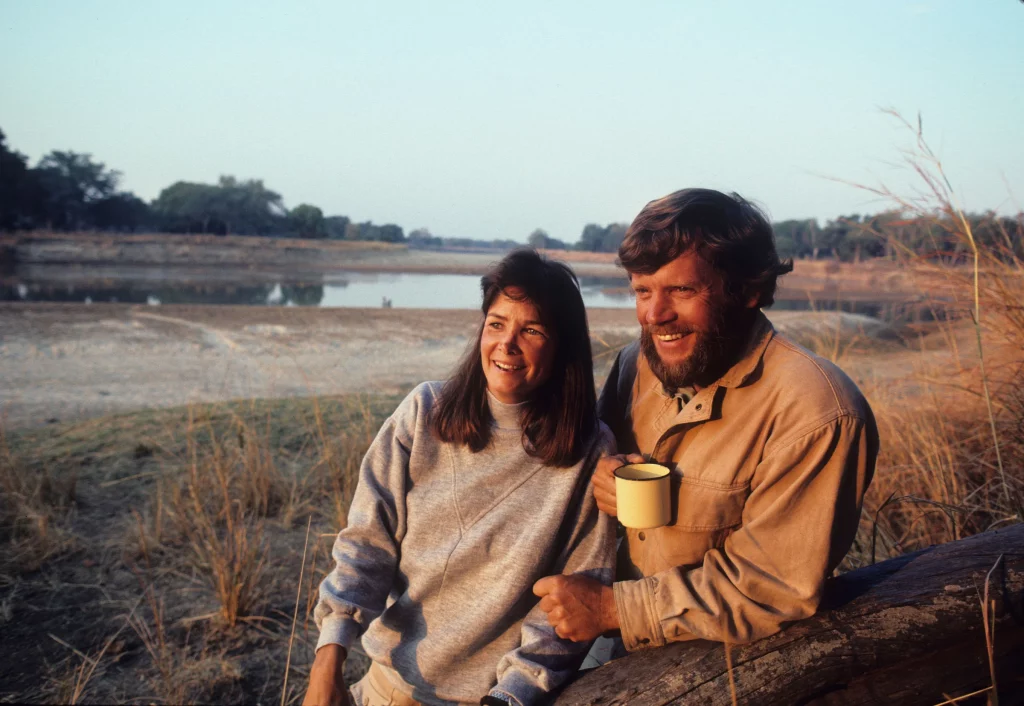
The pair moved to the Kalahari Desert in 1974 to conduct seven-year research on brown hyenas and lions, and the book detailed their experiences there. The Owens’s comments on what it was like to live among animals in seclusion were praised for their book, which won the John Burroughs Medal for Best Natural History Book.
The Eye of the Elephant, which was released in 1992, and Secrets of the Savanna, which was released in 2006, are the other two books the pair wrote about their experience exploring the African bush. The pair got active in anti-poaching activities while they were living abroad, which led to the creation of the North Luangwa Conservation Project.
According to the Owens Foundation for Wildlife Conservation website, the project’s goal was to “rehabilitate and conserve the 2,400 square-mile North Luangwa National Park of Zambia” in response to the alarming rise in the number of elephants and rhinoceroses being poached in the region.
After moving back to the country in 1996, the couple focused on domestic grizzly bear conservation initiatives. Delia Owens would be “stepping aside” from the Owens foundation, according to a 2019 newsletter.
The Unexpected Success of Crawdads:
Where the Crawdads Sing, Delia Owens’ first book, was published in the summer of 2018. No one foresaw the spectacular success the book would have, helped by its selection as the September 2018 Reese’s Book Club pick. Publisher Putnam initially printed a modest 28,000 copies.
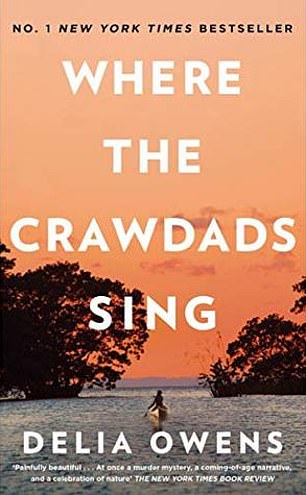
The New York Times stated that by the end of 2019, Crawdads had outsold every other adult book that year in print sales, including new works by Margaret Atwood and Stephen King. The book quickly established itself as a staple in book clubs all over the country. According to Codex Group President Peter Hildick-Smith, the book “defied the new laws of gravity,” told the Times.
According to Publisher’s Weekly, Where the Crawdads Sing sold more than 1.1 million copies in its first year. After around four years since its debut, that amount has surpassed 12 million. Its forward motion has not slowed. The book made the list of the Top 10 Checkouts of 2021 at the New York Public Library in December.
A new audience is being drawn to the book on TikTok thanks to the success of #BookTok content; the hashtag #wherethecrawdadssing has amassed over 29 million views on the app. The book has been at the top of the New York Times best sellers list for more than 167 weeks, and it still holds that position today.
The Text Is Enmeshed in The Debate:
Journalist Laura Miller examined the contentious portions of Owens’ past for Slate in an article that went viral in 2019, just as Crawdads was starting to gain real traction. In the article, Miller provided a thorough examination of Owens and her ex-actions husbands in Zambia, where they had lived and worked for a number of years.
What most Crawdads’ fans are unaware of, Miller said, “is that Mark and Delia Owens have been told never to travel to Zambia, one of the African countries where they once lived and worked, as they are wanted for questioning in a murder that occurred there decades ago.”
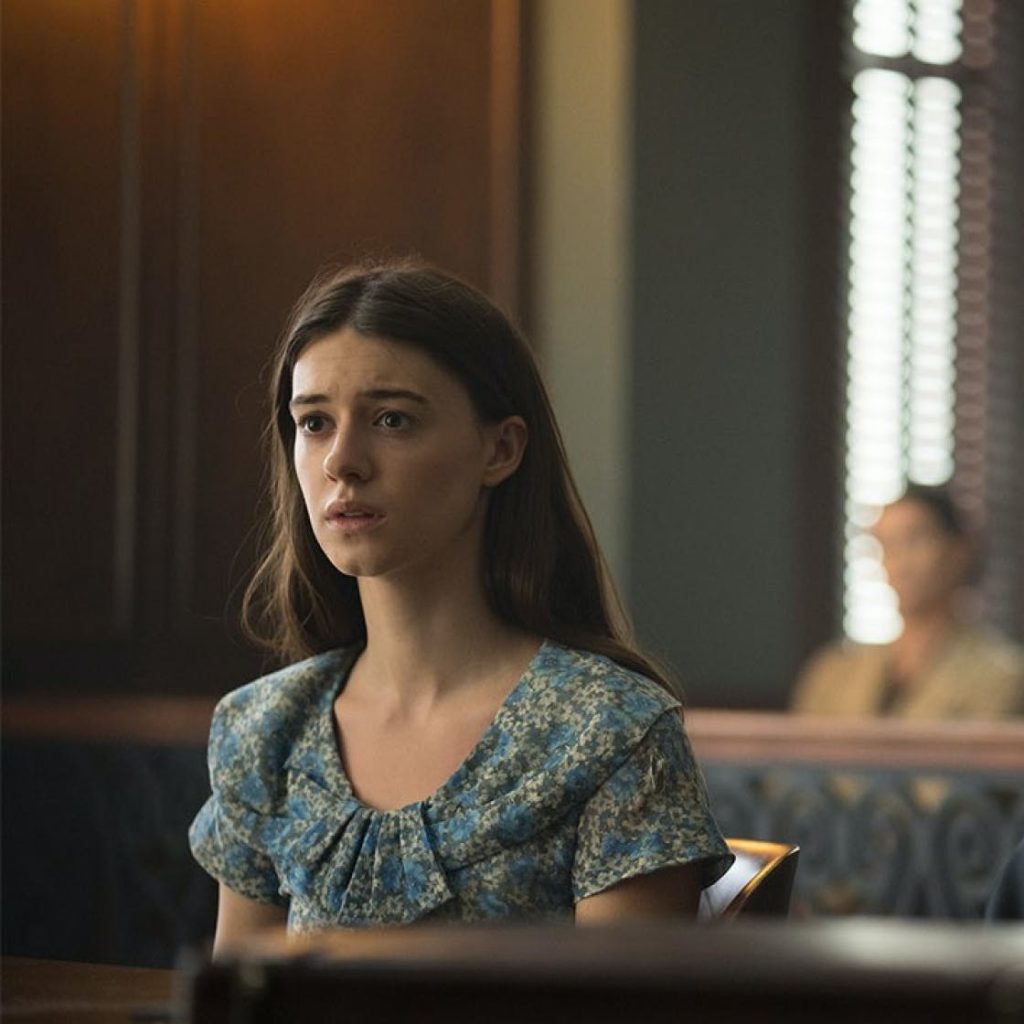
The American Embassy advised the Owenses not to enter Zambia until the dispute was addressed, according to Miller, who cited Goldberg’s 2010 article on the subject. An ABC film crew following the Owenses for a documentary that was originally going to be about the couple’s conservation efforts caught the tragedy in 1995.
“Deadly Game: The Mark and Delia Owens Story,” a Turning Point special, was subsequently made using the film. In the special, a person with a blurred face shoots at an unidentified male who is referred to in the episodes as a “suspected poacher.” Off-screen, more shots are fired, and his body stops moving.
In 1996, after the episode aired, Zambia’s government launched a police inquiry. Never was the corpse discovered. The author’s stepson, Christopher Owens, was allegedly the shooter, according to a cameraman. Christopher was not present at the incident, according to Delia Owens, who has publicly contradicted this.
In his 2010 New Yorker article, Goldberg quoted Owens as saying, “People assume Chris did this because they got confused because the cameraman was named Chris, too.”
The Owens family is not being accused of anything. According to Goldberg’s most recent Atlantic article, he spoke with Zambian police officials who were “eager to question Mark and Christopher Owens, but also believe that Delia Owens should be investigated as a possible witness, co-conspirator, and accessory to serious charges.”
Goldberg wrote on the problematic interactions the Owenses had with neighborhood scouts and poachers in his article from 2010 and pointed out that the Owenses’ written works “on occasion express antiquated ideas about Africans.”
Miller compared that observation to how Owens portrayed Black characters in Crawdads, citing a scene where Jumpin’, one of the few characters to show Kya any kindness, wants to call the police after he notices that she has been assaulted. Jumpin’ is one of the few characters to show Kya any kindness.
Miller stated, “The notion that any Black male living in the rural South in the early ’60s would seriously consider informing local law enforcement of the attempted rape of a White woman by the son of a famous White family is preposterous.
Owens has distanced herself from the murder in Zambia and rarely speaks about it in interviews with the media. She denied being part of the shooting in a 2019 interview with the New York Times. She admitted that it was upsetting to bring up the subject, but Kya had to deal with name-calling.
To get the background information you need on the popular culture you enjoy, subscribe to More to the Story, TIME’s weekly entertainment newsletter.
Related: Hunter Biden Controversy: An Explanation of The Debate Around Hunter Biden
Responses to The Movie:
The Crawdads movie’s creative team has not publicly addressed the matter, which resurfaced in March after Taylor Swift revealed that she had written the song “Carolina” for the movie.
The singer expressed her love for the book and her desire to “create something spooky and otherworldly to complement this enthralling story” in an Instagram post.
According to Buzzfeed News, Reese Witherspoon’s and Taylor Swift’s participation in the film prompted some social media users to consider the artist’s history of white feminism. One user even made a popular TikTok video that sparked a larger discussion about Swift, Witherspoon, and their roles in the movie.
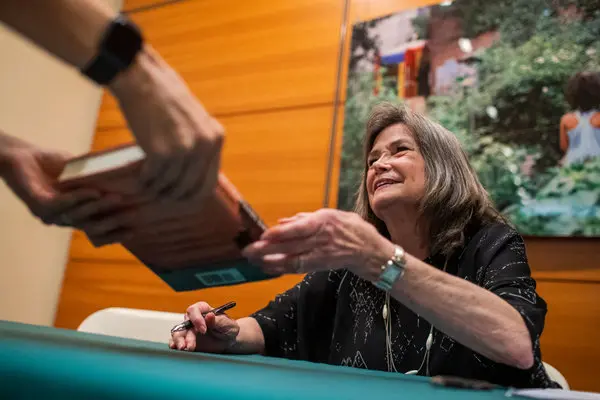
The controversy is being addressed by critics as the movie is about to come out. It is puzzling, according to Lovia Gyarkye in her review for the Hollywood Reporter, “that Owens, who was already well-known before the novel, has managed to construct an even more successful career despite facts of her past resurfacing.”
Where the Crawdads Sing touched a nerve for many people, but it’s important to think about the obstacles that must be overcome to get there.
David Ehrlich wrote in Indiewire that “we may never fully understand the truth behind Delia Owens’ checkered past as a conservationist—which almost certainly seems [sic] to include a militant, white savior-minded approach to policing Zambian wildlife preserves, and may also extend to being a ‘co-conspirator and accessory to murder.”
Where the Crawdads Sing takes on certain dark dimensions; it would be simpler to distinguish the picture from its source were it to stand alone as a fully realized creative expression, according to Richard Lawson’s article for Vanity Fair.
To Know More Latest Updates You Can Visit Our Website: landscapeinsight.com

Irving is the Chief Editor at the Landscape Insight. He lives just outside of New York. His writings have also been featured in some very famous magazines. When he isn’t reading the source material for a piece or decompressing with a comfort horror movie, Irving is usually somewhere in his car. You can reach Irving at – irvingray678@gmail.com or on Our website Contact Us Page.



